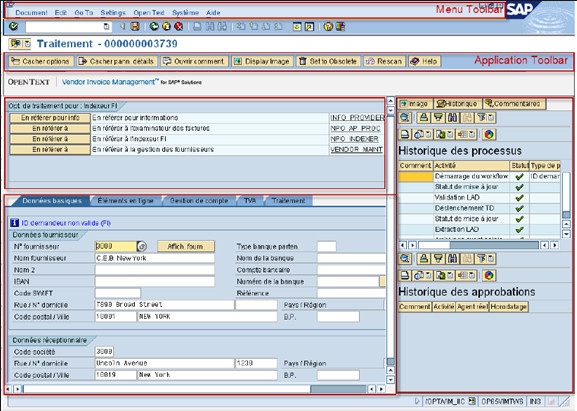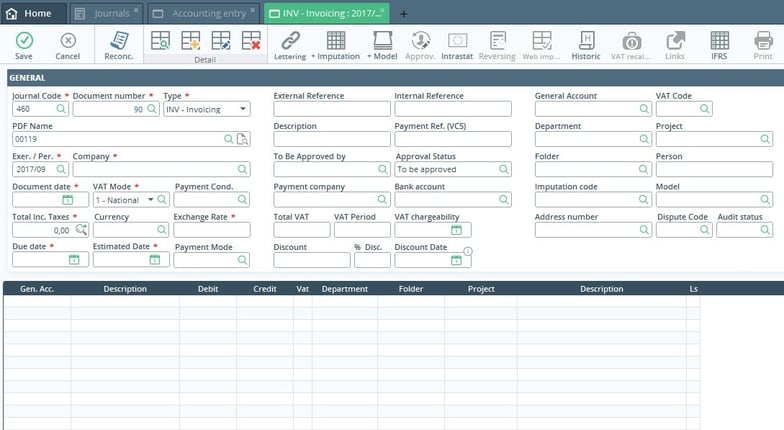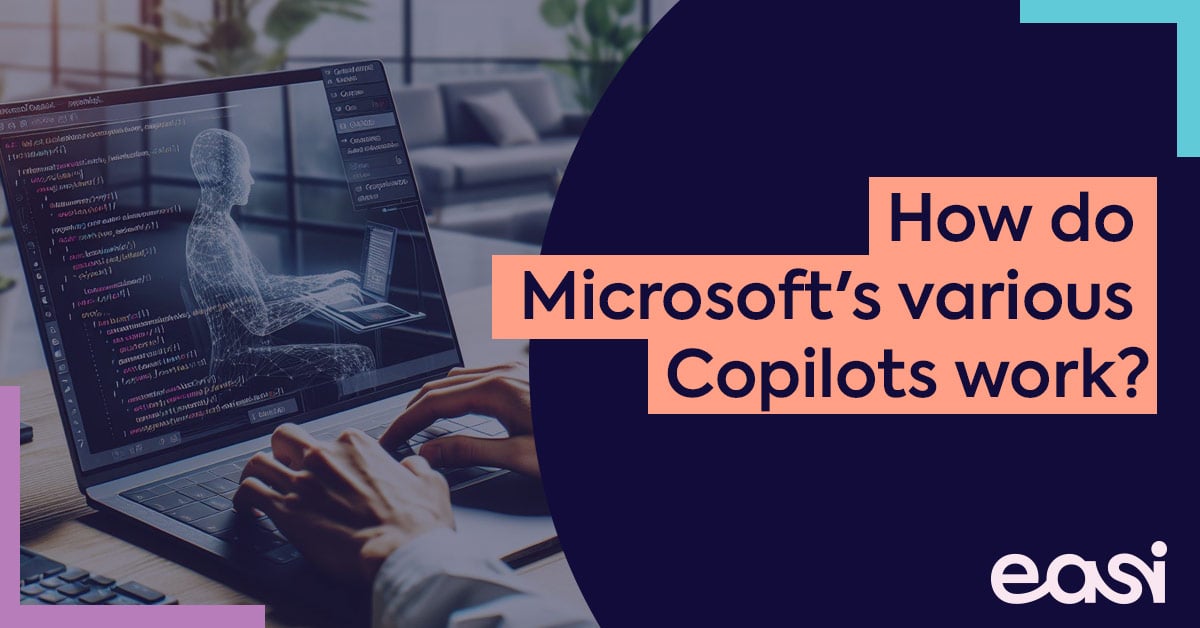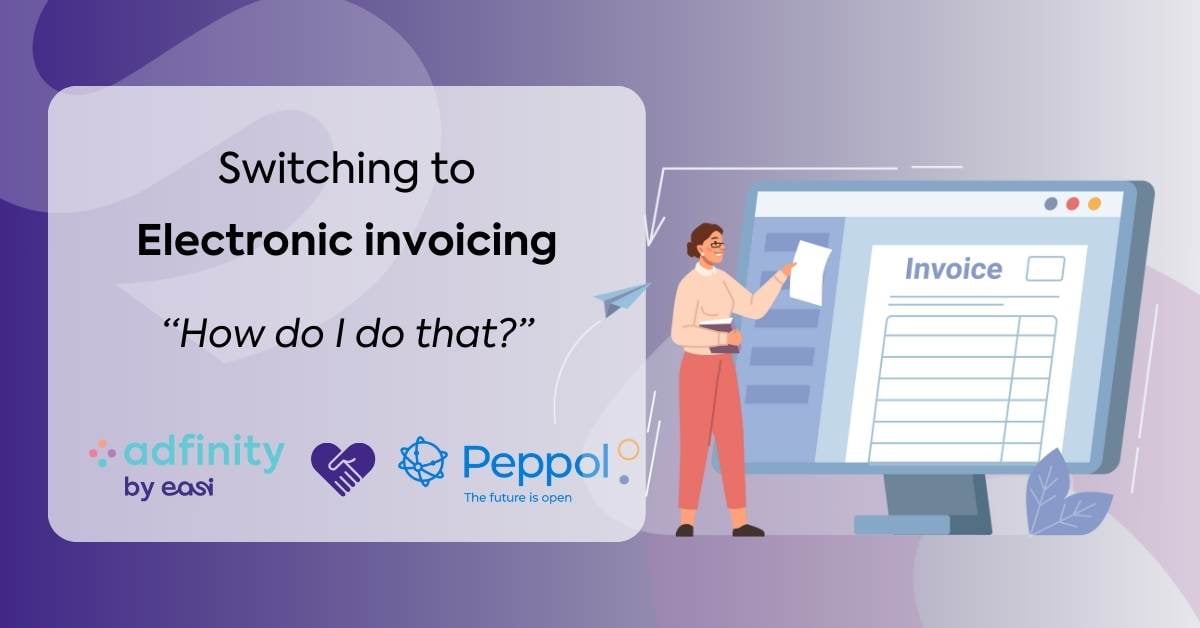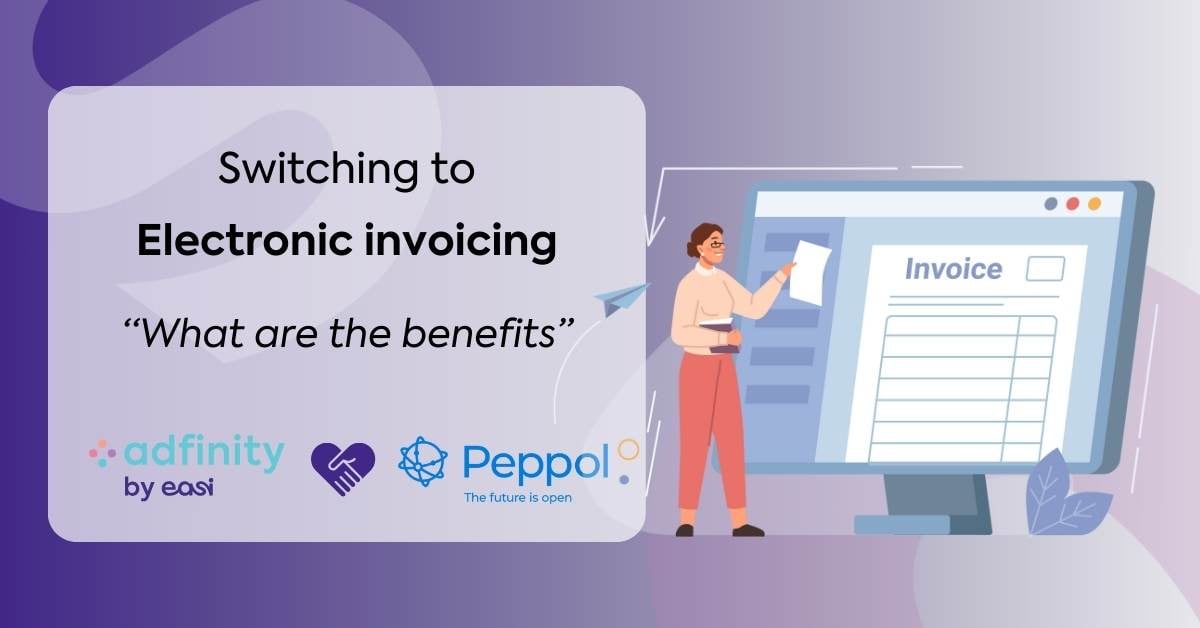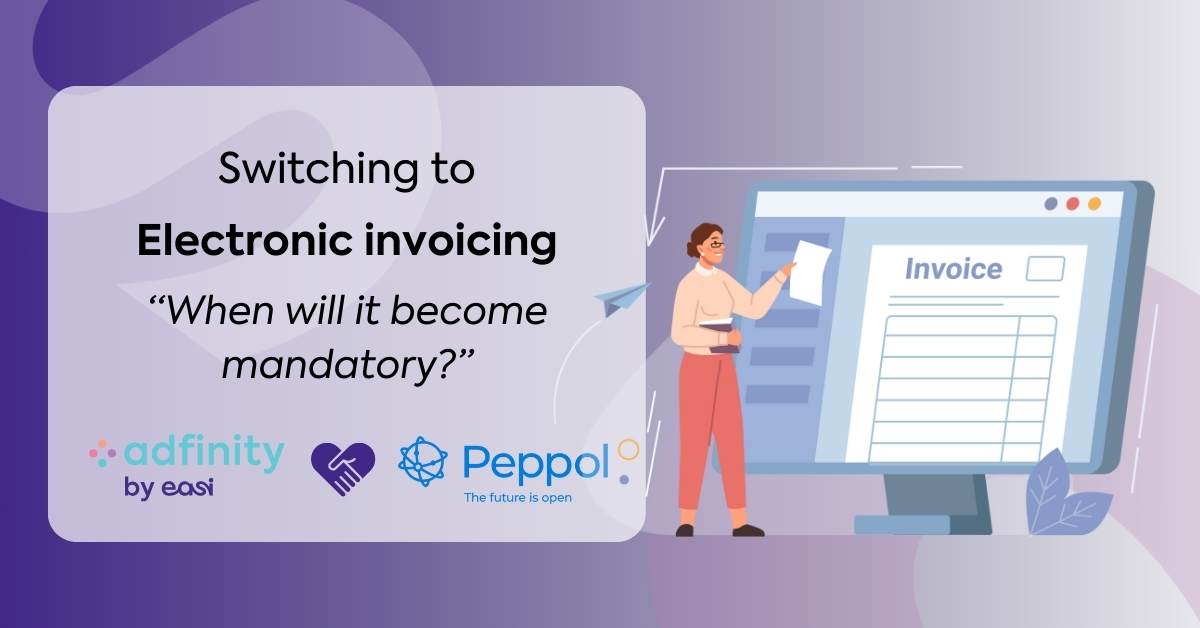For many years, the question of the end of the ERP module as we know it flourishes just about everywhere in specialised publications, Forbes for example. Before trying to provide possible answers to the question which we are asking ourselves, it would be interesting to determine the scope of what is meant by ERP.
In order to be described as ERP (which stands for Enterprise Resource Planning), the software must meet certain criteria which have been defined for many years:
- It must be limited to a single editor
- Information modified in a module must be updated in real time throughout the system
- It must be easy to have access to the source of the information
- It must cover all of the organisation’s needs in terms of software
- It guarantees the uniqueness of the information.
Advantages & disadvantages of ERP
Now that we know what we are dealing with, perhaps we should try to list some of the elements which make up the strong and weak points of this tool.
ERP may, for example, guarantee the integrity of your data, provision of a single interface for your users, training globalisation, increased control of the source of the information and a single partner/integrator.
Having said this, it is also true that ERPs have an increasingly controversial reputation within companies. Following its expansion and its generalisation, it has also been the focus of much criticism. Everyone has heard a story about ERP implementation that has gone wrong, about the rigidity of the system, installation costs which are sometimes astronomical for a result which is not always up to expectations, inability to develop and interfaces which are sometimes obsolete.
The current economic landscape requires fast adaptation, given competition from new players or fluctuations in the market. The current ERP model seems today to find it difficult to be able to respond to these issues although they are oh-so-important.
What is the solution?
Let’s be honest, the biggest multinationals are not ready to let go of a model which has been theirs for years. The financial and human investment would be too significant for a random result and in any event, what else exists for this type of structure?
The question becomes relevant when we address it from the point of view of medium-sized and large companies.
What if the solution in place in your parent company does not fit your local needs?
What if your company has significant needs in terms of analysis and management but you don’t have millions of euros to invest in such a project?
And why not think about Best of Breed? "What for?", are you going to say. The Best of Breed consists of choosing different software packages, each specialised in their area of expertise.
EASI made the choice years ago to support this system for our clients.
This system can offer you sizeable advantages compared to a traditional ERP:
- Reduced costs
- Updates can be done without affecting all your software
- Rapid implementation
- The tool’s specialisation means that there is a rapid response to changes because of what sets it apart (OCR – BI – Triway Match – etc.)
- An in-depth knowledge of its job means that it can give ou a good number of additional functionalities compared to a traditional ERP. No poor relations here!
- The development of web services means interfaces that are ever faster, more secure and relevant in terms of data exchanged.
ERP will not be disappearing anytime soon, that goes without saying. Nevertheless, there are solutions which may prove more relevant for companies looking for a powerful, flexible, user-friendly and rapidly installed tool.
I shall leave you with two photos. One is SAP, the other is Adfinity. Which one would you like to work with? Seems easy to me…
